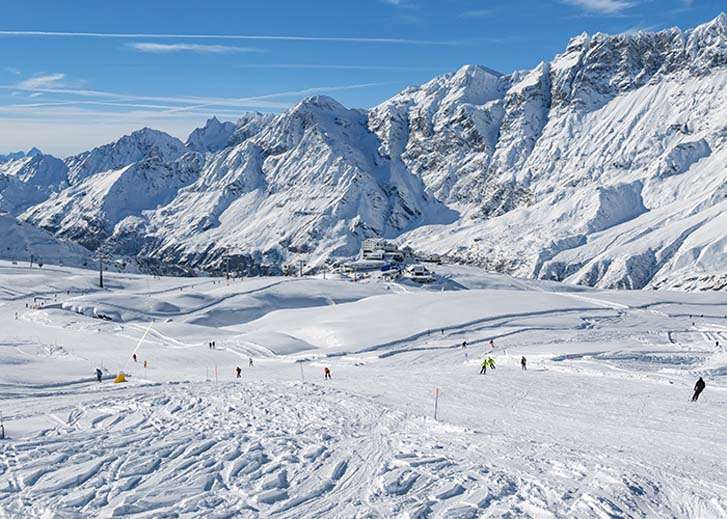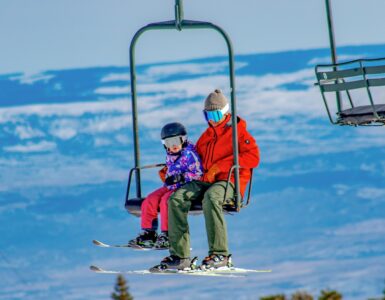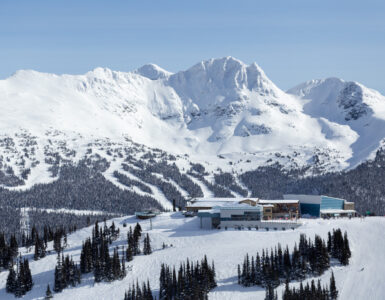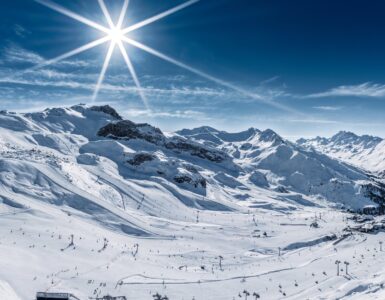Many of Italy’s ski resorts were ramping up to open this week, some starting Monday, Feb. 15, when the government’s ban on recreational skiing at resorts was set to expire—making snow, grooming, preparing facilities, staffing up, etc. However, resorts were informed on Sunday that health minister Roberto Speranza had signed a measure extending the ban in Italy until March 5, due to concerns over the spread of coronavirus variants in the country.
The postponement comes as several European ski nations continue to battle the coronavirus via closures, which have caused many resorts across the continent to remain shuttered all season.
In a statement, the Italian health ministry said that a variant first found in Britain is sickening 17.8 percent of recently infected people by Covid in Italy.
The ski season in Italy has yet to begin. The ban that was to expire would have allowed resorts in “yellow” zones to reopen starting Monday. Resorts in “red” and “orange” zones would not have been allowed to reopen under Italy’s tiered system of coronavirus restrictions.
Resort operators and mountain-town officials didn’t take the news well.
The resort of Bormio in the Lombardy region of the Alps said in a statement, “We are speechless because of the timing with which this communication came.”
Aosta Valley president Erik Lavévaz agreed. “A closure communicated at 7 p.m. on the eve of the opening, planned for weeks, after months of work on protocols, hiring and preparation, is sincerely inconceivable,” he said. “While understanding the health reasons, the procedure is not genuinely explainable.”
The brand-new government of Premier Mario Draghi promised to quickly compensate the ski sector for economic losses. According to the association for ski lift operators, ANEF, the Italian ski industry generates 1.2 billion euros ($1.5 billion) in annual revenues and employs 5,000 permanent and 10,000 seasonal workers.
Some are calling for the government to not only compensate lift operators for losses, but also denizens of mountain communities hurt by the closures.
“One thing is certain at this point—we should not only talk about help from the government but also about a fair demand for damages caused by an unholy and utter disregard for those who live and work in the mountains,” said the mayor of Sestriere, Gianni Poncet.
Source SAM


















